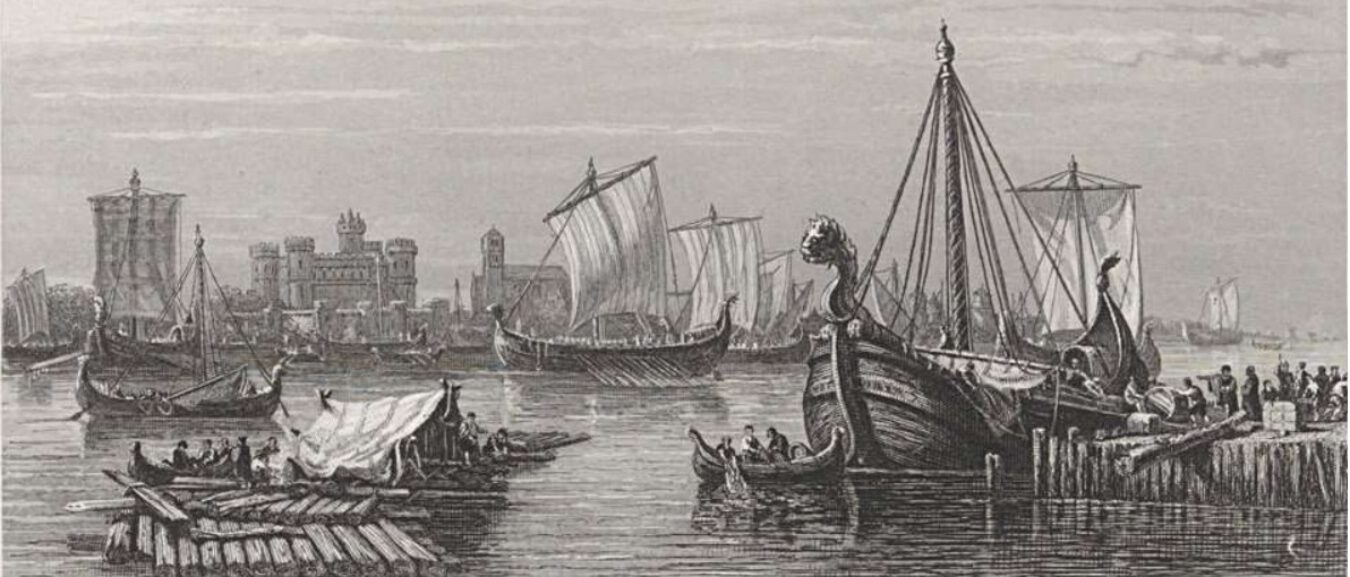Boudica (also spelled Boadicea or Boudicca) was a queen of the Iceni tribe in Eastern Britain during the first century CE. She is remembered as a warrior queen who led her people in a revolt against the Roman Empire.
In 60 or 61 CE, Boudica’s husband, Prasutagus, died, leaving half of his kingdom to the Roman Emperor Nero and half to their two daughters. The Roman governor, Suetonius Paulinus, ignored the terms of Prasutagus’ will and seized control of the entire kingdom, ordering the flogging of Boudica and the rape of her daughters.
In response, Boudica rallied her people and led them in a rebellion against Roman rule. Her army consisted of warriors from her own tribe as well as other tribes who had suffered under Roman oppression. They successfully defeated a Roman legion and sacked the Roman city of Camulodunum (modern-day Colchester).
Boudica’s forces then marched on Londinium (modern-day London) and Verulamium (modern-day St. Albans), where they massacred the Roman inhabitants. The Roman governor eventually assembled a large army and defeated Boudica’s forces in a decisive battle. According to some accounts, Boudica died shortly thereafter, possibly by taking her own life to avoid capture.
Boudica’s rebellion was ultimately unsuccessful, but she remains an important figure in British history and folklore. Her story has been celebrated in literature, art, and film, and her fierce resistance to oppression has inspired generations of people seeking to resist tyranny and oppression.

